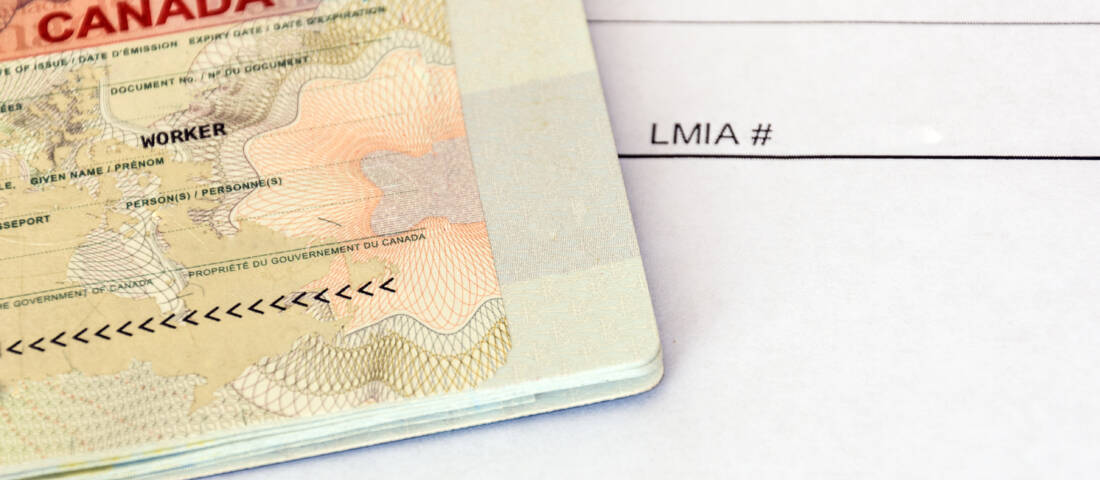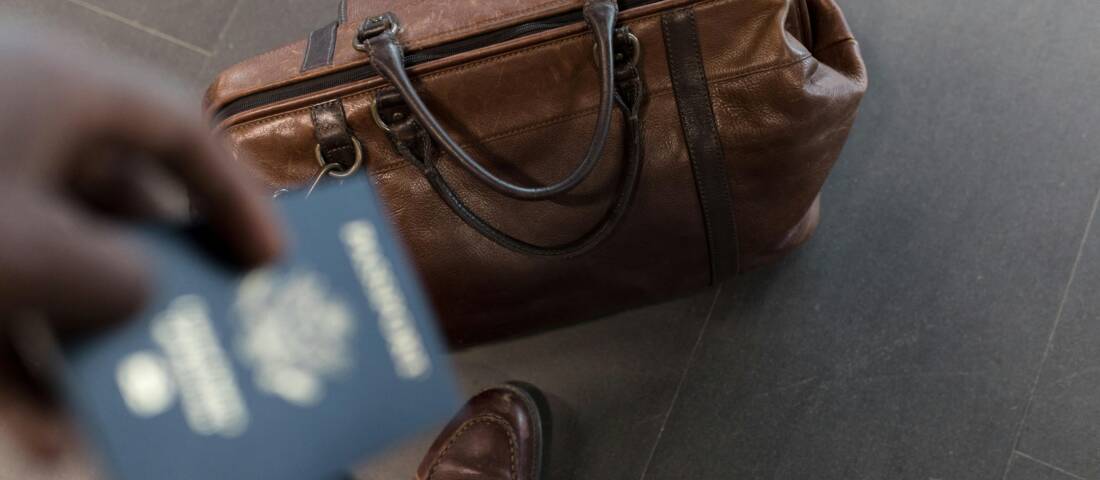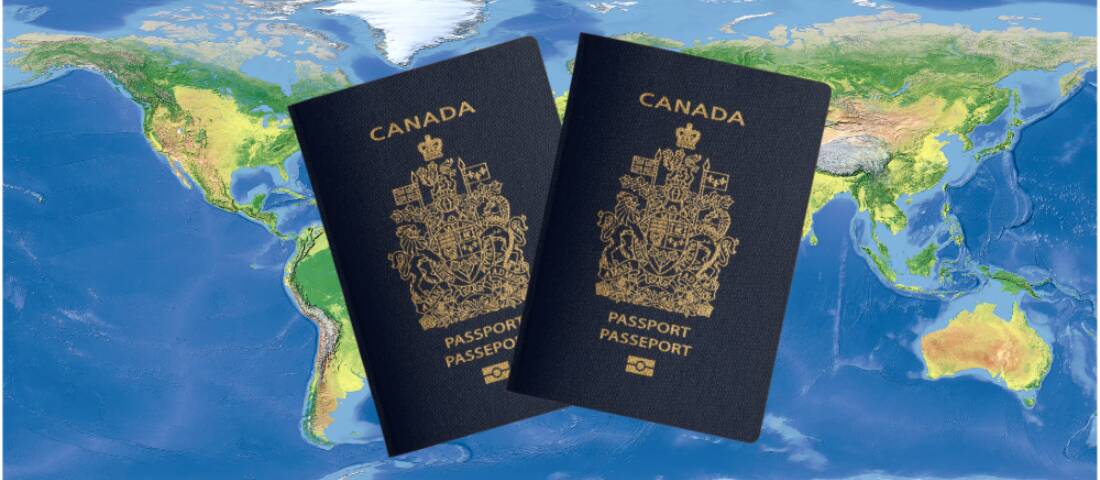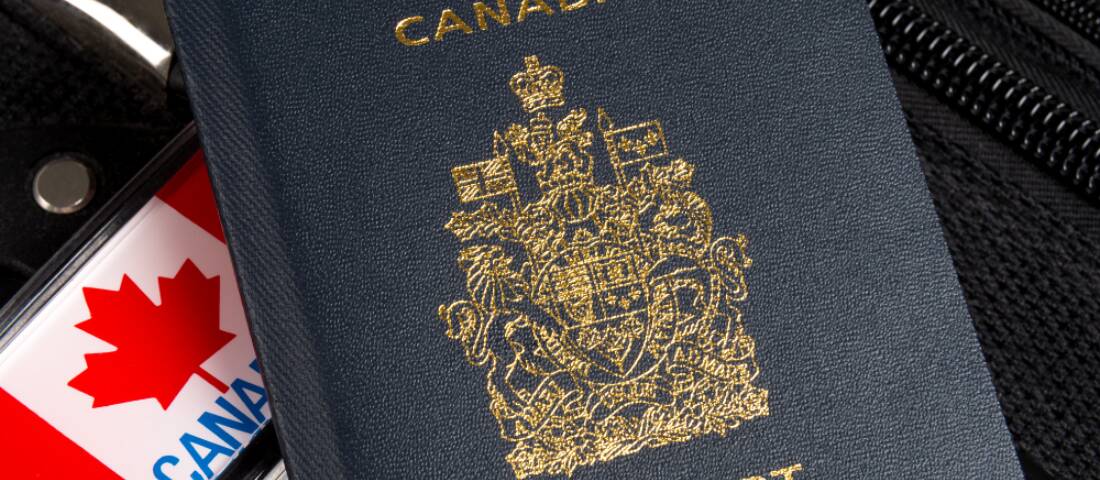On July 12, 2017, the Federal Court voided the revocation of 312 Canadian citizens who lost their citizenship without a hearing and without consideration of individual circumstances under the Harper era changes. The court ruled that while becoming a Canadian citizen is a privilege, once citizenship is granted the individual is entitled to all rights, benefits and privileges of citizenship, including due process of law.
Complete and accurate truthfulness is essential to a fair evaluation of a citizenship application. But providing incomplete information is not the same as knowingly lying on your application. And the expedited revocation process included people losing their citizenship without a judicial hearing. The vast majority of the revocations in the past 2 years are due to inaccurate and incomplete information on Citizenship applications, including:
- Length of residence in Canada
- Country of birth and dual national issues
- Sponsorship status
People move to Canada to enjoy the rights, privileges and benefits of our country, and may not understand the full implications of incomplete application. Fraud is a serious issue, and without legal representation people often don’t understand the legal implications of their responses. Often people are desperate to move to our country, don’t fully understand the nuances of Canada’s language and laws, and follow unwise advice.
It is essential that Canadian citizens retain their rights as citizens whether they are born Canadians, or are granted citizenship later on, regardless of which political party is currently in power. Once citizens, their rights cannot be arbitrarily taken away without due process. If a court finds their citizenship was granted under fraud and the citizenship is revoked, only then should they lose their right to due process.
Background
In May 2015 the Harper government enacted the “Strengthening Canadian Citizenship Act” (SCCA), which gave immigration officials new powers to revoke someone’s citizenship if they believe that person lied or committed fraud on their citizenship application, and expedited the revocation process by removing their right to a hearing. Previously, the right to revoke citizenship was held by the Governor in Council.
From 2015-2017 235 people have had their citizenship taken away; compared with only 167 in the previous 17 years.
SCCA Sub-sections 10(1) and 10.1(1) states:
“provide that a person’s citizenship or renunciation of citizenship may be revoked if the person obtains, retains, renounces, or resumes citizenship by:
- false representation;
- fraud; or
- knowingly concealing material circumstances.”
During the revocation process, a person retains all their rights and privileges as Canadian citizen. If it is found that person knowingly lied on their citizenship application, dependent on the nature of the lie they may be able to remain in Canada and appeal, or they can immediately lose their citizenship and may be subject to immediate removal from Canada.
In May, 8 people had their Canadian citizenship restored by Federal Court Justice Jocelyne Gagné, who ruled that parts of the law violate the constitutional right of Canadian citizens to receive a fair hearing, and set a timeline of 60 days for the Trudeau government to review and revise the Harper era changes.
The Trudeau government has amended the Strengthening Canadian Citizenship Act and 2018 the Federal Court will make all decisions in citizenship revocation.
If you would like assistance with your immigration needs, please contact us.







